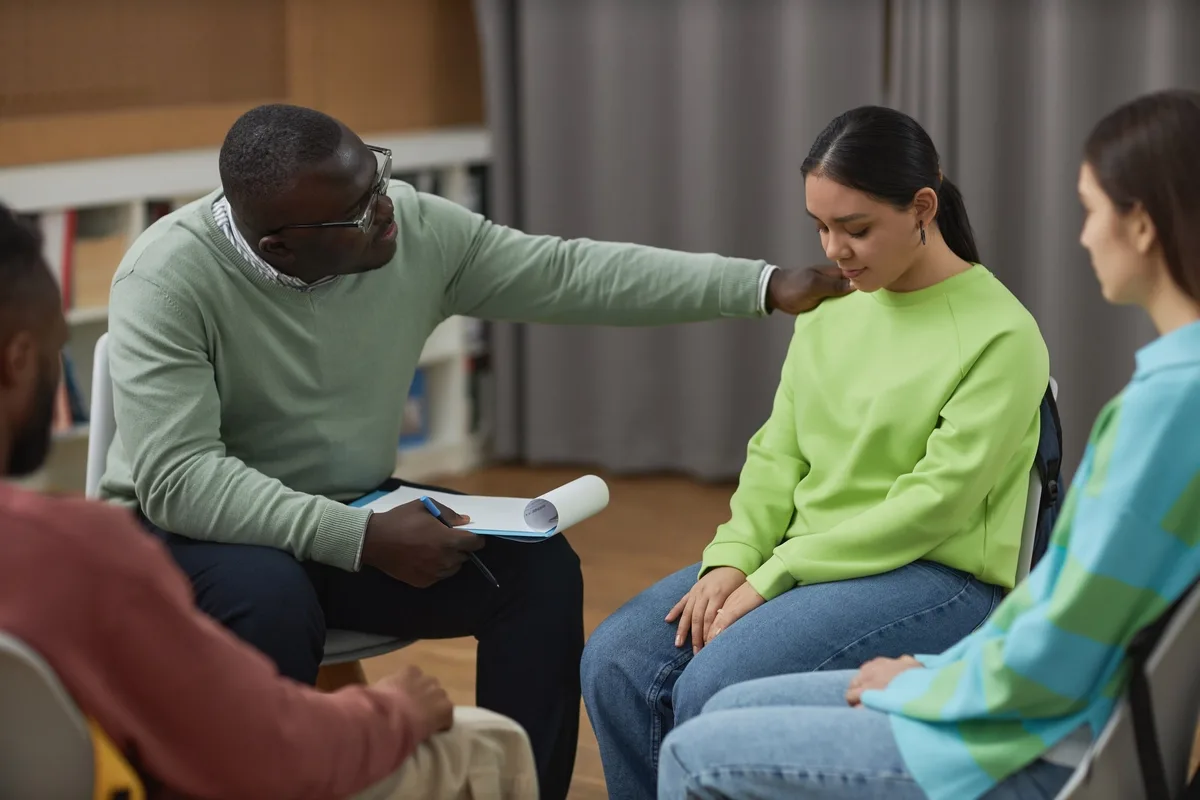24/7 Helpline:
(866) 899-221924/7 Helpline:
(866) 899-2219
Learn more about Medication-assisted Treatment centers in Alpine County
Medication-assisted Treatment in Other Counties

Other Insurance Options

Self-pay options

WellPoint

Multiplan

Regence

Health Choice

Kaiser Permanente

Horizon Healthcare Service

Anthem

Coventry Health Care

Lucent

Optima

American Behavioral

PHCS Network

Health Partners

ComPsych

Covered California

MHNNet Behavioral Health

BHS | Behavioral Health Systems

Medical Mutual of Ohio

GEHA

Alpine County Behavioral Health Services
Alpine County Behavioral Health Services is a public rehab located in Markleeville, California. Alpi...

Northbound Treatment Services
Northbound Treatment Services is a drug and alcohol rehab located in Kirkwood, Missouri. They provid...









